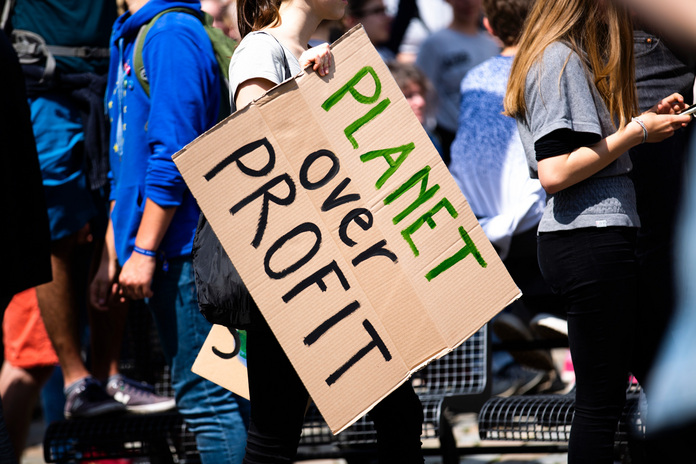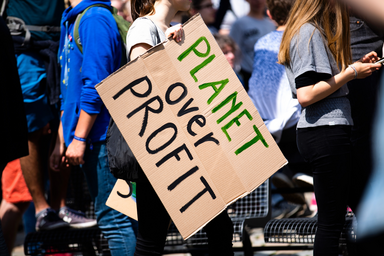The world around us is changing at an unprecedented rate—the climate is changing, sea levels are rising, and more and more people are being displaced due to environmental issues. We all, in some way or another, have been impacted by the climate. If you are in Boston, for example, sea levels are rising and are causing destruction to infrastructure. The impacts of these changes, however, are most felt by BIPOC communities all around the world. This is environmental racism.
Environmental racism, in simple terms, is the disproportionate effect of factors like climate change, pollution, etc. on communities of color—these factors are harming these communities at a harsher rate than white, wealthy communities. This definition is quite simple in comparison to what environmental racism actually encompasses, as there are many issues that impact it. Environmental racism, at its core, results from institutional and structural racism. These systems have kept communities of color oppressed and have caused communities of color to suffer in various ways.
One of the most prominent examples of environmental racism is the connection between pollution levels and asthma rates. According to a 2018 EPA report, black people are 1.5 times more likely to be exposed to higher rates of pollution than white people. Hispanic communities are 1.2 times more likely to be exposed to pollution than Hispanic whites. Communities of color are statistically more likely to live in poverty or in closer proximity to landfills, which emit substantial amounts of pollution and dirty the air. Higher rates of pollution lead to various health concerns, but asthma is the most prominent. Asthma rates are much higher among BIPOC communities, which largely stems from geographic locations.

In addition to this, most people in power are white. These leaders, even though some of them are progressive and are fighting for these issues, are disconnected from these communities. Many of them, due to their affluence and race, cannot relate to these problems and have never felt the impacts of institutional racism.

My most important advice for fighting against environmental racism and moving towards environmental justice for all is to vote with the environment in mind. When you are voting, please try to research the stances of the politicians you are electing. Secondly, it is important to continue to educate yourself about these issues (again, especially if you are white!). Lastly, it is important to spread awareness of these issues and talk to people in your community or on social media about these topics. If we are able to educate more people, we can truly combat these issues and put pressure on our representatives.
The next time you are learning about environmental issues or read about them in an article, remember the ideas discussed. If you have the privilege of being affluent or white, remember some people are struggling in a way that we can never understand.
Educate yourself with compassion, and always keep members of the BIPOC community in mind.
Want to keep up with HCBU? Make sure to like us on Facebook, follow us on Instagram, check out our Pinterest board, and read our latest Tweets!


